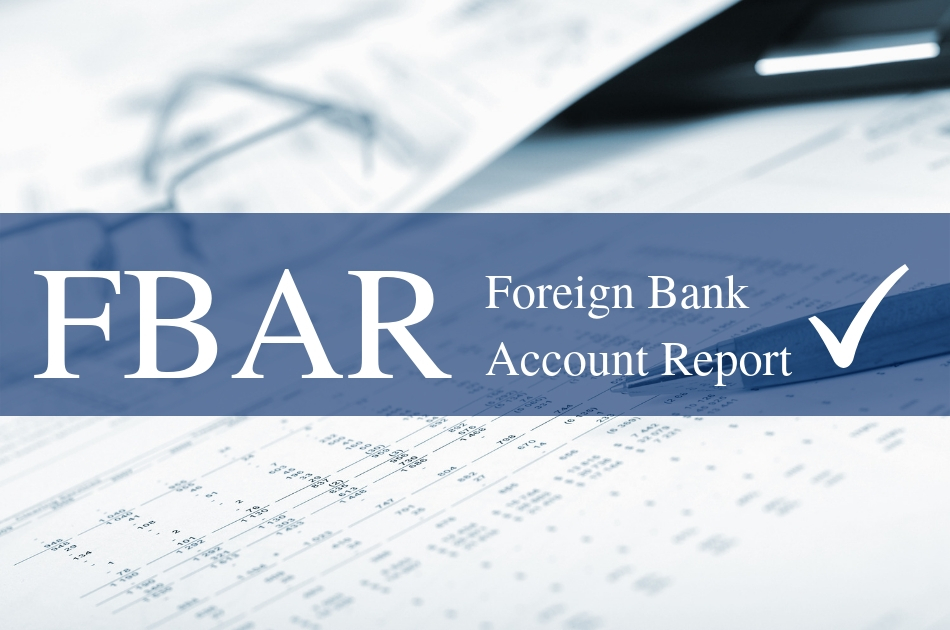
What is FBAR? Everything You Need to Know!
Hey there, fellow tax enthusiasts! 

What’s the Buzz About FBAR?
FBAR stands for Report of Foreign Bank and Financial Accounts. It’s a requirement under the Bank Secrecy Act that mandates U.S. persons to report financial interests in or authority over foreign financial accounts if the aggregate value exceeds $10,000 at any time during the calendar year. Yep, it’s as crucial as it sounds!

Who Needs to File an FBAR?
Basically, if you’re a U.S. person (think citizens, residents, corporations, partnerships, LLCs, trusts, and estates) and you have a financial interest in or signature authority over at least one foreign account with an aggregate value over $10,000, you gotta file an FBAR!
But Wait, There’s More! 
You DON’T need to report if your foreign financial accounts are:
- Correspondent/Nostro accounts
- Owned by a governmental entity
- Owned by an international financial institution
- Maintained on a U.S. military banking facility
- Part of an IRA or retirement plan
- Part of a trust reported by another U.S. person

When to File Your FBAR?
The FBAR is due on April 15 following the calendar year reported. Missed the deadline? No sweat! There’s an automatic extension to October 15. 
How to File the FBAR?
You must file it electronically through the FinCEN’s BSA E-Filing System. Prefer paper? You’ll need a special exemption. Check out this link for detailed steps!
Record Keeping: What’s Required?
For each account reported on your FBAR, keep records that include:
- Name on the account
- Account number
- Name and address of the foreign bank
- Type of account
- Maximum value during the year
Hold on to these records for five years from the due date of the FBAR.
Penalties: The Not-So-Fun Part!
Yes, there are penalties for non-compliance. Civil and criminal penalties depend on the specifics of each case. So, it’s best to stay compliant to avoid trouble!
Filing Late? Here’s What to Do
If you missed the deadline, file your FBARs ASAP to minimize potential penalties. If the IRS hasn’t contacted you and you’re not under investigation, you can still make it right! Instructions for late filing are on the official FinCEN resources.
Need More Help?
Got more questions? Check out the full guide on the FinCEN website. Or, you can contact them directly for personalized assistance.
Stay compliant, folks! And remember, understanding FBAR can keep you out of hot water.
Happy filing!

Mason Caldwell is a financial expert and writer who specializes in topics related to taxation, personal finance, and economic analysis. With extensive experience in the financial industry, Mason has contributed to numerous financial publications, sharing insights that help individuals and businesses make smarter financial decisions. Known for his ability to simplify complex financial topics, Mason’s articles are both informative and accessible to a wide audience. When he’s not writing, Mason enjoys hiking, reading historical novels, and exploring new technologies in finance.























 If you’ve been searching about…
If you’ve been searching about…



